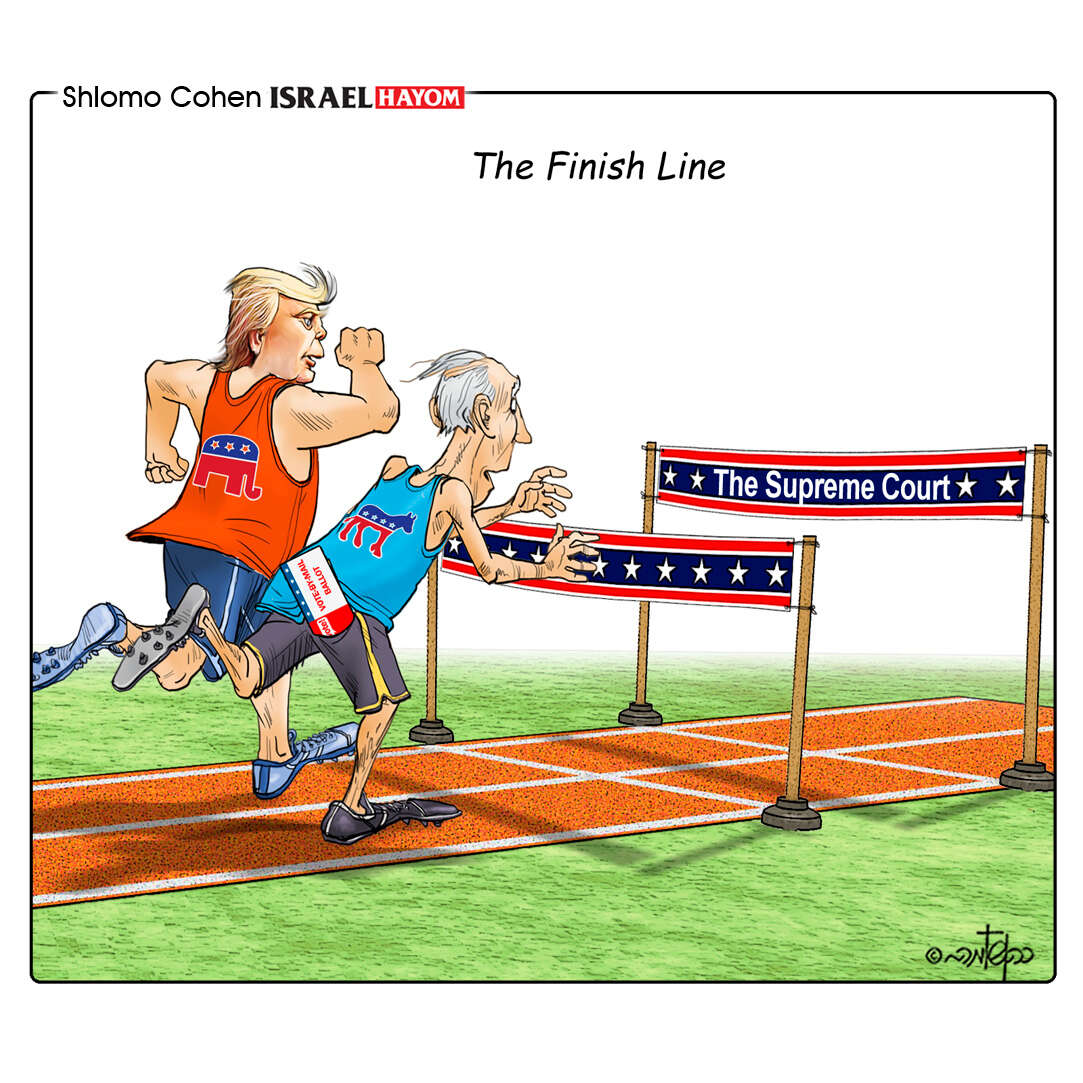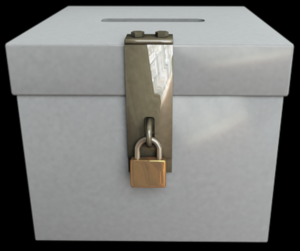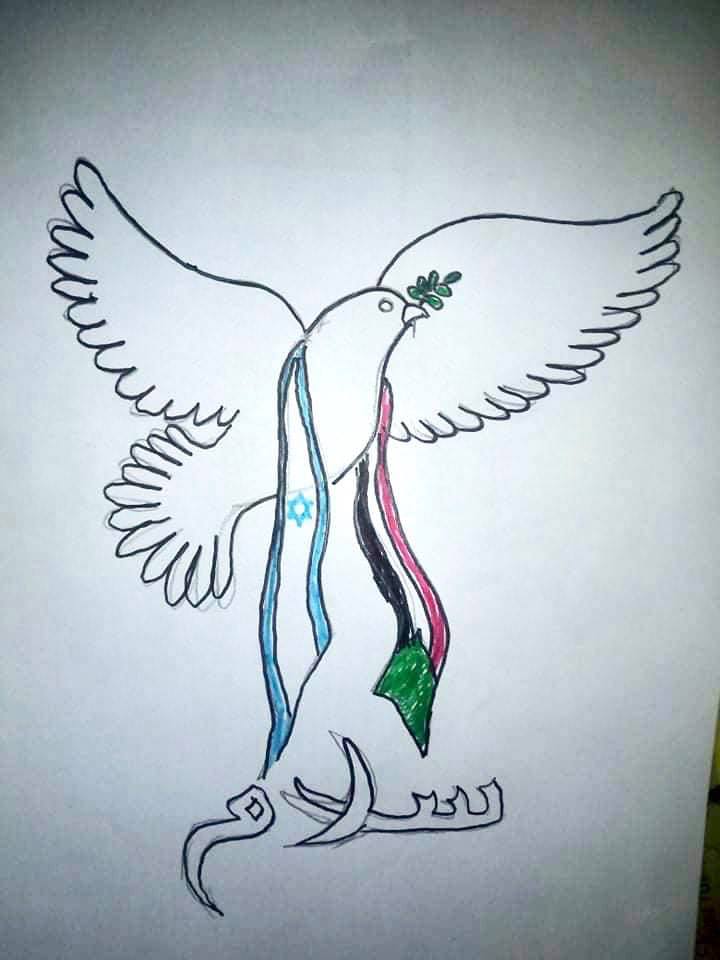“Al Quds Day” leader Nazim Ali, who blamed “Zionists” for Grenfell Tower tragedy, found to have brought pharmaceutical profession into disrepute, following complaint by CAA
A pharmacist, Nazim Ali, who leads the annual “Al Quds Day” march through London, has been found to have brought the pharmaceutical profession into disrepute following a two-week hearing that culminated today arising from a complaint by Campaign Against Antisemitism.David Collier: The General Pharmaceutical Council spits in the face of British Jews
However, the General Pharmaceutical Council’s (GPhC) fitness to practice tribunal let Mr Ali off with a warning after ruling that his remarks were grossly offensive and that his fitness to practise was impaired, but that his statements were not antisemitic.
Remarkably the GPhC did not present expert testimony from academics or Campaign Against Antisemitism on what constitutes Jew-hatred.
Campaign Against Antisemitism’s complaint related to Mr Ali’s actions in 2017, when he led the pro-Hizballah “Al Quds Day” parade for the controversial London-based organisation calling itself the Islamic Human Rights Commission, just four days after the Grenfell Tower tragedy in which over 70 people were burned alive.
Heading the parade, surrounded by the flags of Hizballah, the genocidal antisemitic terrorist organisation, Mr Ali shouted over a public address system: “Some of the biggest corporations who are supporting the Conservative Party are Zionists. They are responsible for the murder of the people in Grenfell, in those towers in Grenfell. The Zionist supporters of the Tory Party. Free, Free, Palestine…It is the Zionists who give money to the Tory Party to kill people in high-rise blocks. Free, Free, Palestine. From the river to the sea, Palestine will be free.”
At another point he told marchers: “Careful of those Rabbis who belong to the Board of Deputies, who have got blood on their hands, who agree with the killing of British soldiers. Do not allow them in your centres.”
The events were filmed by members of Campaign Against Antisemitism’s Demonstration and Event Monitoring Unit.
What Nazim Ali said Nazim Ali’s words were blatantly antisemitic. This is some of what he said – these sentences were the key phrases used by the fitness to practise committee for their deliberations: #1 It’s in their genes. The Zionists are here to occupy Regent Street. It’s in their genes, it’s in their genetic code. #2 European alleged Jews. Remember brothers and sisters, Zionists are not Jews. #3 Any Zionist, any Jew coming into your centre supporting Israel, any Jew coming into your centre who is a member of the Board of Deputies, is not a Rabbi, he’s an imposter. #4 They are responsible for the murder of the people in Grenfell, the Zionist supporters of the Tory Party.A Final Push to Free Yemen’s Remaining Jews
He also said the BoD had ‘blood on their hands‘, and that Zionists ‘give money to the Tory Party, to kill people in high rise blocks‘.
It is quite plain that even just based on those above, the decision is easy. #1 Zionists do not have a ‘genetic code’ – Jews do. #2 The comment about ‘alleged Jews’ is clearly a reference to the antisemitic Khazar myth. #3 The ‘imposter’ sentence is also a pharmacist publicly arguing against interfaith with 93% of British Jews. #4 References to Grenfell and murder is classic blood libel. A tragedy happens, the finger points where it always does.
My evidence I was called to give evidence – and it took 3 long years to arrange the hearing. My recordings from the day were used for the hearing. Although under quarantine I was given an exemption and I was the first witness to give evidence. Ali’s lawyer was then allowed to ask me questions. His first was about my daughter.
For those that don’t know my daughter is currently in Israel preparing to join the IDF. Back in 2017 she had stood with me in that crowd as we listened to Nazim Ali. At the time, her thoughts were only about going to university in the UK. I cannot be 100% sure that what unfolded in the UK during 2016-2019 was responsible for my daughter’s change of heart – but it is hard to believe she would have gone otherwise.
Because the atmosphere in the UK had deteriorated for British Jews and my daughter had decided to leave for Israel – my loyalty was being questioned. The lawyer asked a few more questions and within about 15 minutes it was over. The time had come for the members of the panel to ask any questions – they had none. The prosecuting lawyer had none either.
In early 2016, nearly a year after the initial email had made its rounds, two families totaling 11 people were rescued from the city of Raida. Missry was at dinner when he received the call from Rabbi Sultan. “I excused myself from the table and began to cry.” In March 2016, 18 Yemeni Jews were brought to Israel, culminating a yearlong effort that joined the U.S. State Department and the Jewish Agency for Israel.
But even the joy brought danger. Prime Minister Benjamin Netanyahu posed with members of the group and an ancient Torah scroll that was smuggled out of Yemen, in what was soon a widely circulated photo-op. As a result, Libby (Levi) Salem Mousa Merhabi, the Jewish man still in Yemen suspected to have helped smuggle the scroll out, was jailed. He remains there today and his mother continues to beg for his release.
U.S. Rep. Max Rose, whose congressional district (which includes Staten Island and parts of Southern Brooklyn) houses one of the largest Yemeni communities in the United States, sees an opening for progress. “We have an opportunity here as a result of the Abraham Accords for the remaining Yemeni Jews to be put in a better situation,” he told me, stressing that “while the resources from the Sephardic community in my district have been tremendous, we really need to rally the international community as well.”
As of today, an estimated 26 Jews remain in Yemen. This figure does not include a number of women who have been kidnapped as young girls and remain hostages in their own homes, many of them now with children of their own. I recently spoke to one woman who escaped Yemen for London in 2007 before coming to the States. She asked to remain anonymous, so as to not jeopardize the life of her sister, who was kidnapped as a young woman when the family of nine sisters all lived in Raida. But she spoke fondly of her childhood spent in the small village of Beni Abt. The family had some animals, cows, goats, and a few chickens. Her sisters would rise as early as 4:30 in the morning to tend to them. When she was 8 years old, she and two of her sisters moved to Raida. There was a small school where she “learned tehilim all day,” although they never spoke Hebrew outside of school. Her parents joined them in Raida a few years later. They moved into a big house, complete with beds, sheets, showers, and baths—“like here,” she said. “We went to stores and schools. People were nice. There was some violence in the neighborhood, but that was all normal.”
Everything changed after a cousin and sister were kidnapped, “just because they were Jewish.” Her father whisked her and another sister to Sanaa, where they remained in a hotel for four months while he secured visas to the United Kingdom. “I just want to help the people get out,” she told me. “I want to do everything I can.” As it was for the Jews in Syria in the 1990s, the fear of government retaliation is great, and tangible. But make no mistake, the plight of Yemen’s Jews is clear and a global Jewish and governmental response should follow.









































